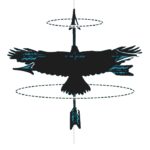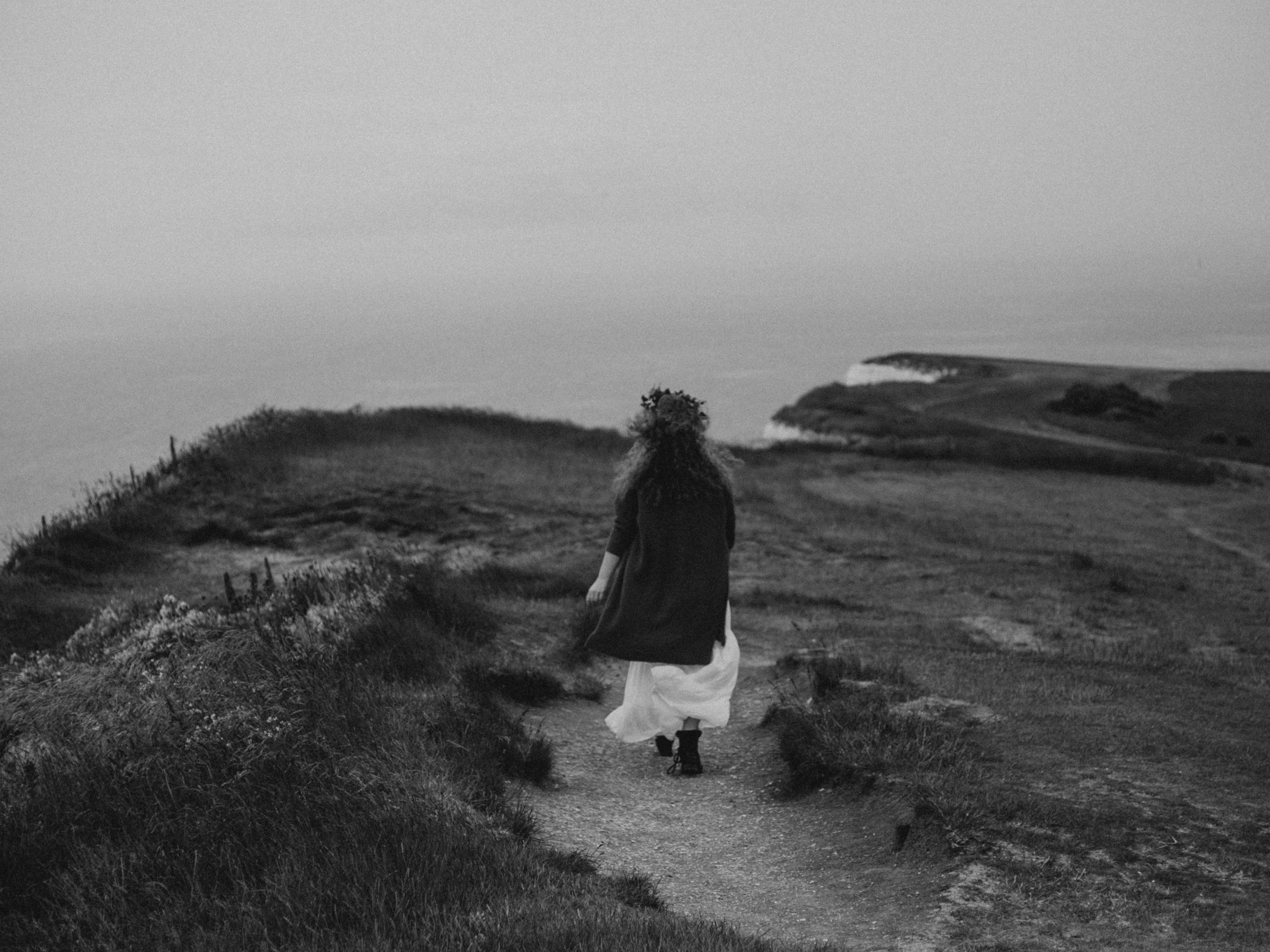I cup and carry them from the bed to the bathroom, lift my arms in front of the toothpaste-spattered mirror to investigate them under fluorescent light. They have grown fuller, just as I suspected, more painful to the touch. I wash them gently, avoiding direct spray, slip them into underwires and slip out, letting him sleep, disappearing from the room, careful not to jangle keys or wake the children.
On the drive to my appointment, I practice which term I’ll use, breast or boob, testing each on my tongue. Breast. a shopping list item: organic, boneless, skinless. Accurate, but clinical. Boob, on the other hand, so juvenile, like pussy, an anatomical slingshot weaponized by a bloated president, the thought of which triggers fresh stabs of pain. I go with breast, as in: “the problem, doctor, is with my breasts.”
They weren’t small to begin with; semi-proportional C-cups capped with dimply, quarter-sized nipples that occasionally sprout hairs, which is a thing, of course. I plucked two this morning as a common courtesy. You’re welcome, I want to tell the doctor, but I know she’s seen some things. I’ve given birth and insisted they take the labor mirror away, then asked for it back again, as if bearing witness was my first test of motherhood.
Her firm, two-finger press follows the rounded-out rim of each breast, performing clinical circles that spiral carefully nipple-toward. I cringe only once, then let the pain become me.
They fed babies, you know. Not a lot, and not for long, but they did what they could. They ached then, too, but not like this, not this deeply, I tell her. She nods, sympathetically. Her hair is long and silver, worn straight like my grandma’s, who was married to a man named Otto, a word spelled the same way forward and backwards, a palindrome like mom, and boob, and tit.
The thighs ache, too, I should maybe mention, when once they powered long hikes. Sad flesh has replaced muscle in arms that once held this body in extended downward dogs, steadied by finger-joints that have swelled and bubbled. Should I mention these things, I wonder, as she continues to circle and press, or that I’m unable to leave my couch when it rains, or when it doesn’t; or that I can’t turn off the television, can’t stop watching the news, witnessing in real-time as things worsen, afraid of what I might miss.
Her mahogany hands contrast my paleness, their strategic, flattened fingers travelling my pain-body with exquisite care. She stares at the office wall as she works, at the poster of a uterus in various stages of pregnancy, at the photo-copied list of eligibility requirements to file for FLMA, the flyer riddled with typos I long to correct.
“I’m not feeling anything unusual here,” she says, but she continues to search.
I lay rigid but compliant, knowing that only if we diagnose exactly what’s wrong can we begin to turn things around.
—
Kelle Schillaci Clarke is a Seattle-based writer and journalist with recent work appearing/forthcoming in Barren Magazine, the Citron Review, Ghost Parachute, and several now-defunct alt-weeklies. She earned her MFA from the University of Nevada at Las Vegas, but left the desert in favor of the rainy Pacific Northwest, where she can now be found tweeting @kelle224.
Artwork by: Flora Westbrook

